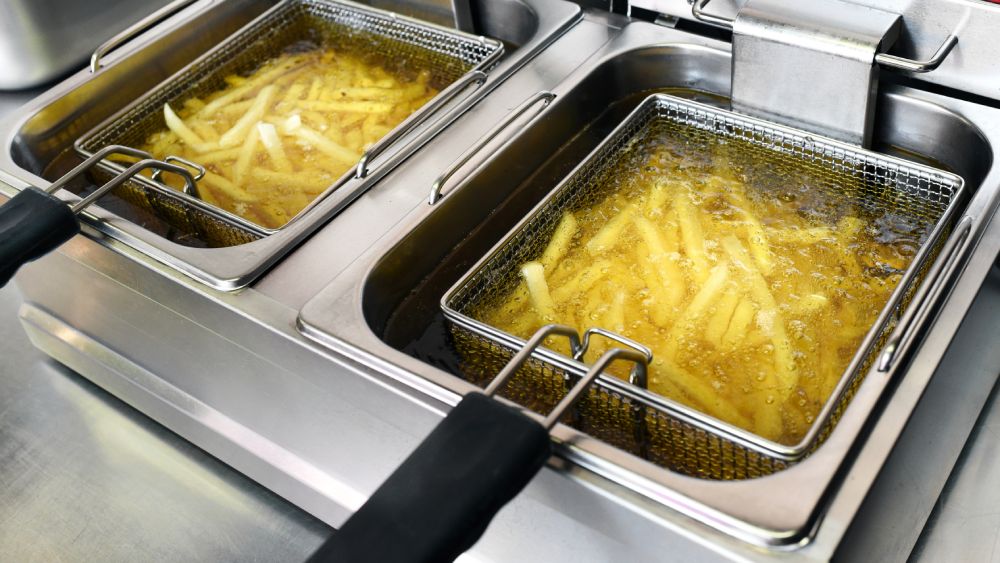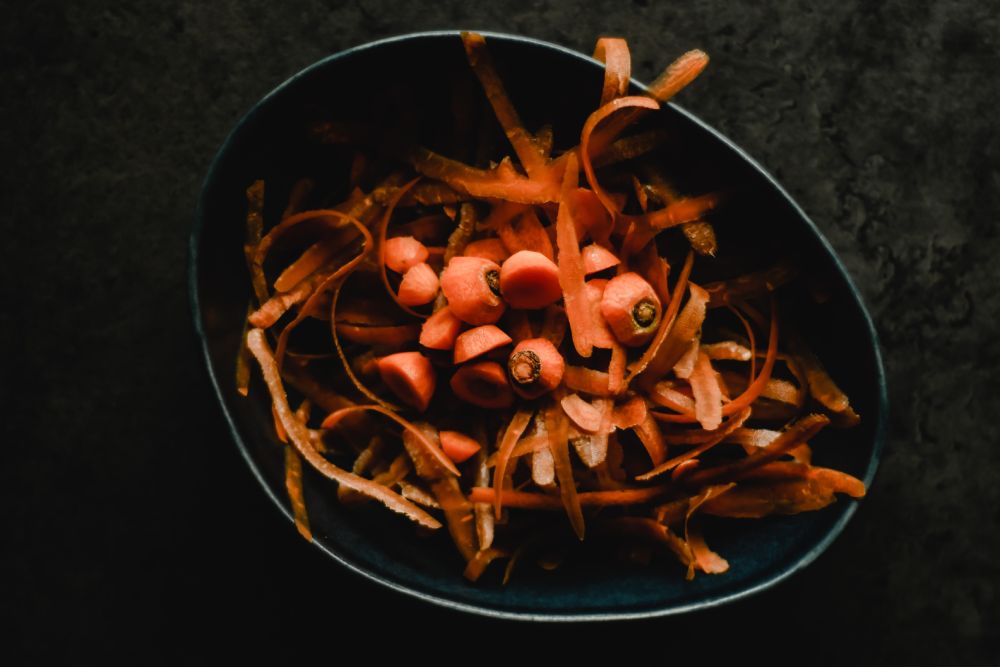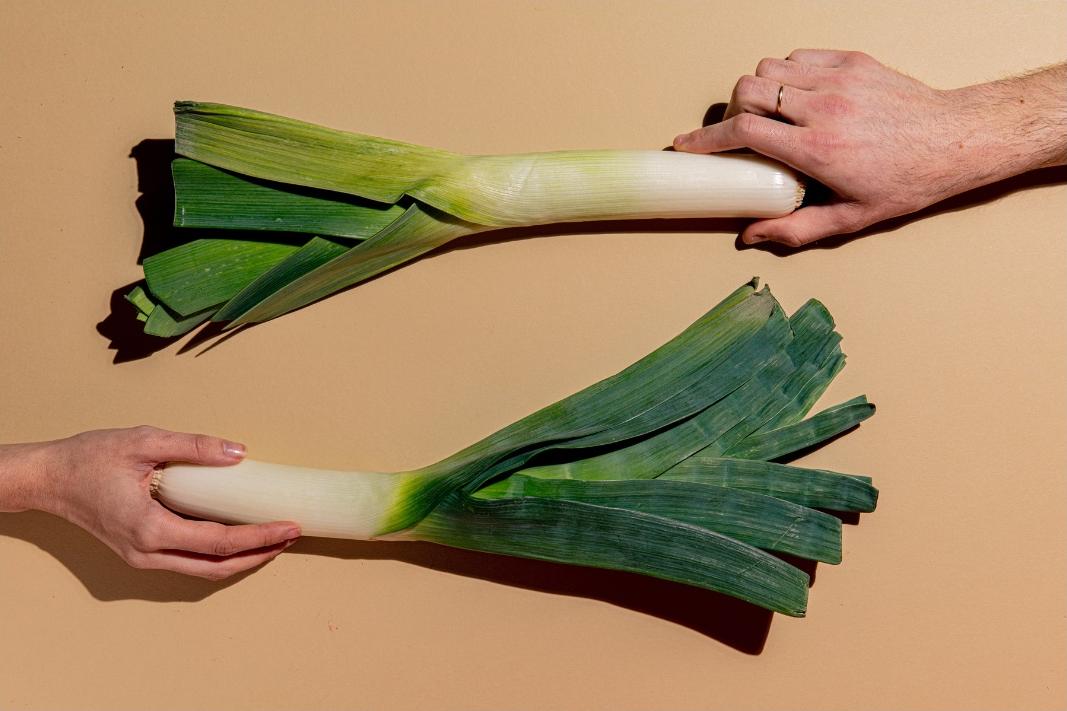Frying Oils 101: what oils to choose for your restaurant
[vc_row][vc_column][vc_column_text]In the culinary world, frying is a prevalent cooking method, especially in restaurant kitchens. Opting for the right type of frying oil in a commercial setting holds immense importance due to different oils' varied flavors, textures, and smoking points. This careful selection not only influences the taste and texture of the food but also impacts resource consumption, making it a pivotal choice in culinary operations. Here is how to choose the best frying oil for your restaurant to deliver consistent crunchy goodness while keeping your budget crisp. What are frying oils? The term “frying oils” refers to the types of oils used for frying, whether stir-frying, deep-frying, or sautéing. Restaurant kitchens need significant amounts of oil for large-scale frying, so choosing an oil that doesn’t strain your budget and delivers quality and flavor is essential. Generally, frying oils are more refined, while unrefined oils
Read More




